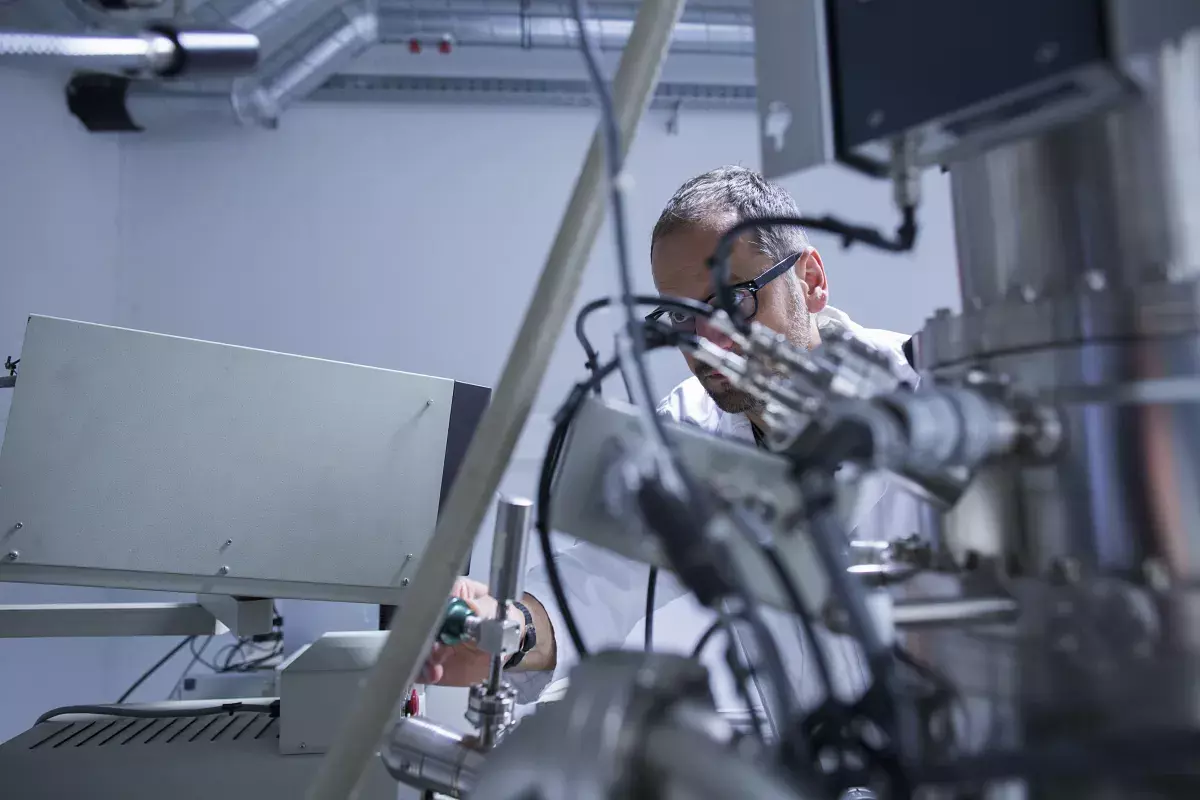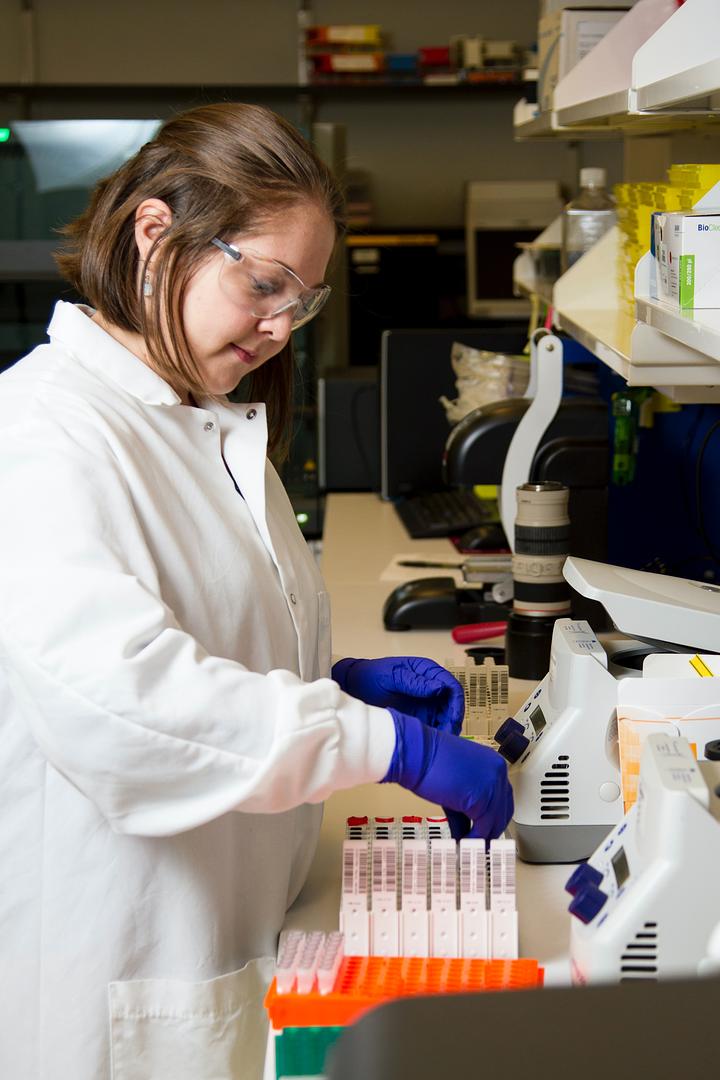 In acquiring lab equipment, negotiation is key. Good negotiation isn't just about getting a low price; it's about making deals that benefit both sides. It's super important because it affects how well labs can do their research and how much they spend.
In acquiring lab equipment, negotiation is key. Good negotiation isn't just about getting a low price; it's about making deals that benefit both sides. It's super important because it affects how well labs can do their research and how much they spend.
Why Negotiation Matters
Every time a lab buys equipment, it's a big deal. Negotiating well means getting good quality stuff that fits the lab's needs while being a good deal.
Why This Matters
This blog is all about how to get the best deals when buying lab equipment. We'll talk about how to negotiate, do research, and get the best value for everyone in the science world.
II. Understanding the Lab Equipment Market
A. Researching Equipment Prices
Understanding the market rates for various lab tools ensures a strategic approach to securing the best deals. NO compromising quality or exceeding budget constraints.
B. Identifying Reliable Sellers
Navigating the market to find sellers with good reputation is important. Professionals in the life sciences sphere rely on trustworthy suppliers. Those who offer consistent and high-quality equipment are always top-of-the mind. Having a list of these vendors ensures authenticity and reliability of the equipment. This is achievable if you consider assessing their credibility through reviews and track records.
C. Understanding Equipment Specifications
Each laboratory environment has unique requirements. How do you handle deals that matches the need of professionals in biotech, biopharma, and biomedical sectors?
A thorough understanding of of the following:
- equipment specifications
- functionalities
- compatibility with existing setups .
 III. Negotiation in Lab Equipment Purchase
III. Negotiation in Lab Equipment Purchase
A. The Power of Negotiation
Negotiation is like a secret weapon when buying lab equipment. It's not about talking about money; it's about finding the best deal that suits your lab. People in the biotech and biomedical fields know that negotiation can get them the right equipment without breaking the bank.
B. Making Smart Moves with Market Insights
Those in the lab equipment game keep an eye on the market. It's like knowing when to grab something or wait for a better deal. Staying informed helps them make savvy decisions and talk shop when buying lab gear.
C. Building Strong Ties with Suppliers
Buying lab equipment isn't just about transactions; it's about relationships. When lab managers and procurement pros get along with their suppliers, they can understand each other's needs better. It's like working together toward a common goal.
D. Crafting Deals That Fit Your Needs
Every lab is different, and the deals should match that. Lab managers and procurement wizards make deals that work for them. It's about figuring out the terms of purchase that make everyone happy, from delivery times to payment methods.
IV. Maximizing Value in Lab Equipment Procurement
A. Smart Strategies for Cost-Efficient Purchases
Lab managers and procurement experts continuously explore strategies for efficient purchases. They leveraging these tactics, they secure high-quality equipment while optimizing costs by:
- Checking marketplaces
- Timing purchases to capitalize on cost fluctuations
- Identify surplus or refurbished equipment options.
B. Balancing Quality and Cost Considerations
Procurement specialists meticulously weigh the balance between quality and cost-effectiveness. They assess equipment against stringent quality standards while remaining mindful of budget constraints. Evaluations ensure that purchased items meet quality benchmarks as well as financial parameters.
C. Embracing Negotiation as a Collaborative Process
Negotiation isn't solely about price; it's a collaborative effort. Procurement experts collaborate with suppliers to tailor terms that suit both parties. Collaboration fosters relationships, ensuring that suppliers deliver high-quality equipment at competitive prices.
Key Takeaways:
Effective negotiation serves as the cornerstone of successful lab equipment procurement. A good deal isn't simply about haggling for the best price; it's about considering quality, reliability, and budget when crafting a deal. A lab's trajectory is determined by negotiations, which have a major impact on its financial health and efficiency in research.
Key Takeaways for Successful Negotiation in Lab Equipment Procurement:
- Consider value, reliability, and suitability in addition to cost when developing a strategy.
- Market insights can help companies identify and capitalize on pricing trends and opportunities.
- Maintain strong relationships with suppliers to facilitate collaborative efforts that promote quality equipment.
- Strive to achieve mutually beneficial outcomes during negotiations by embracing a collaborative approach.
